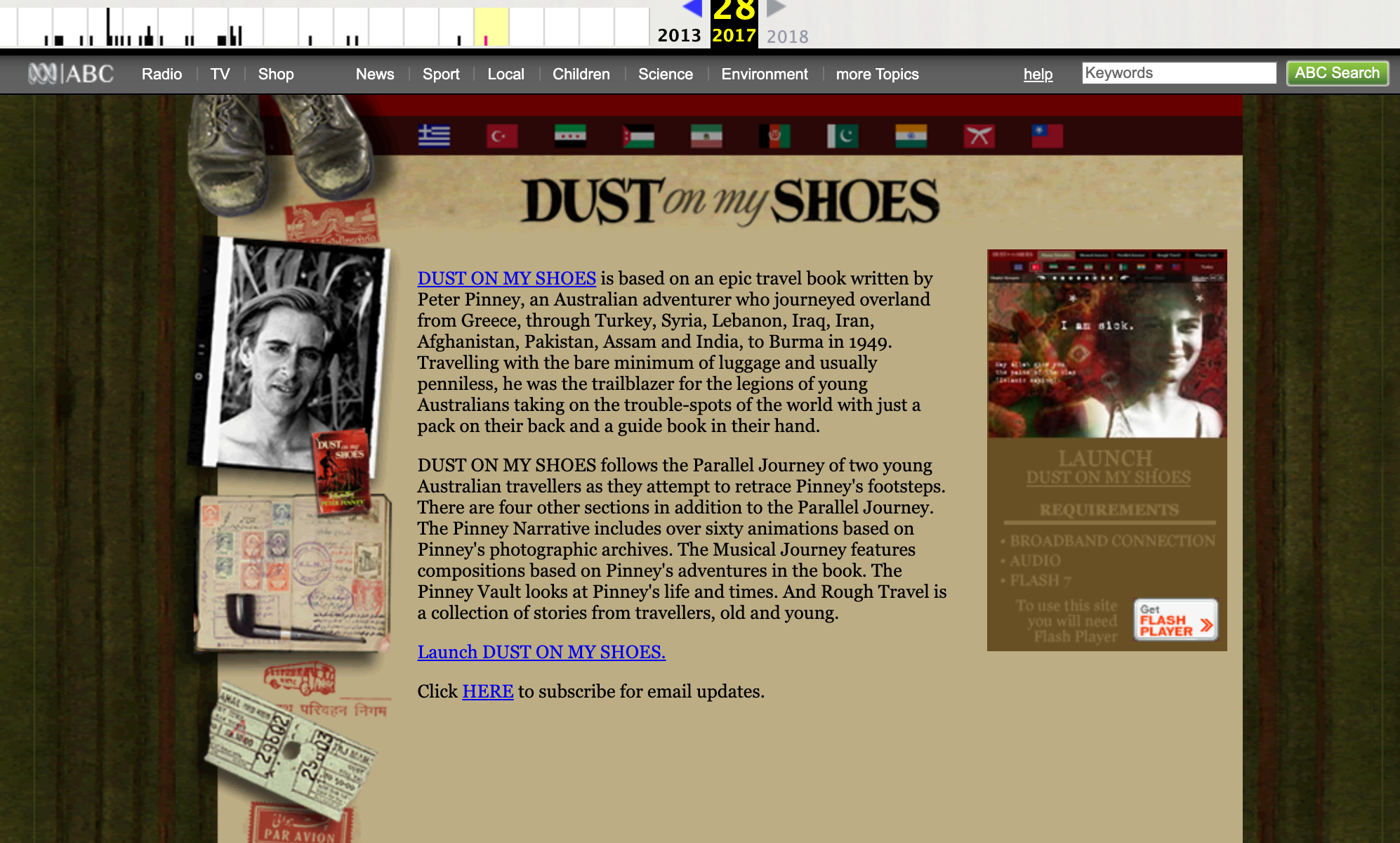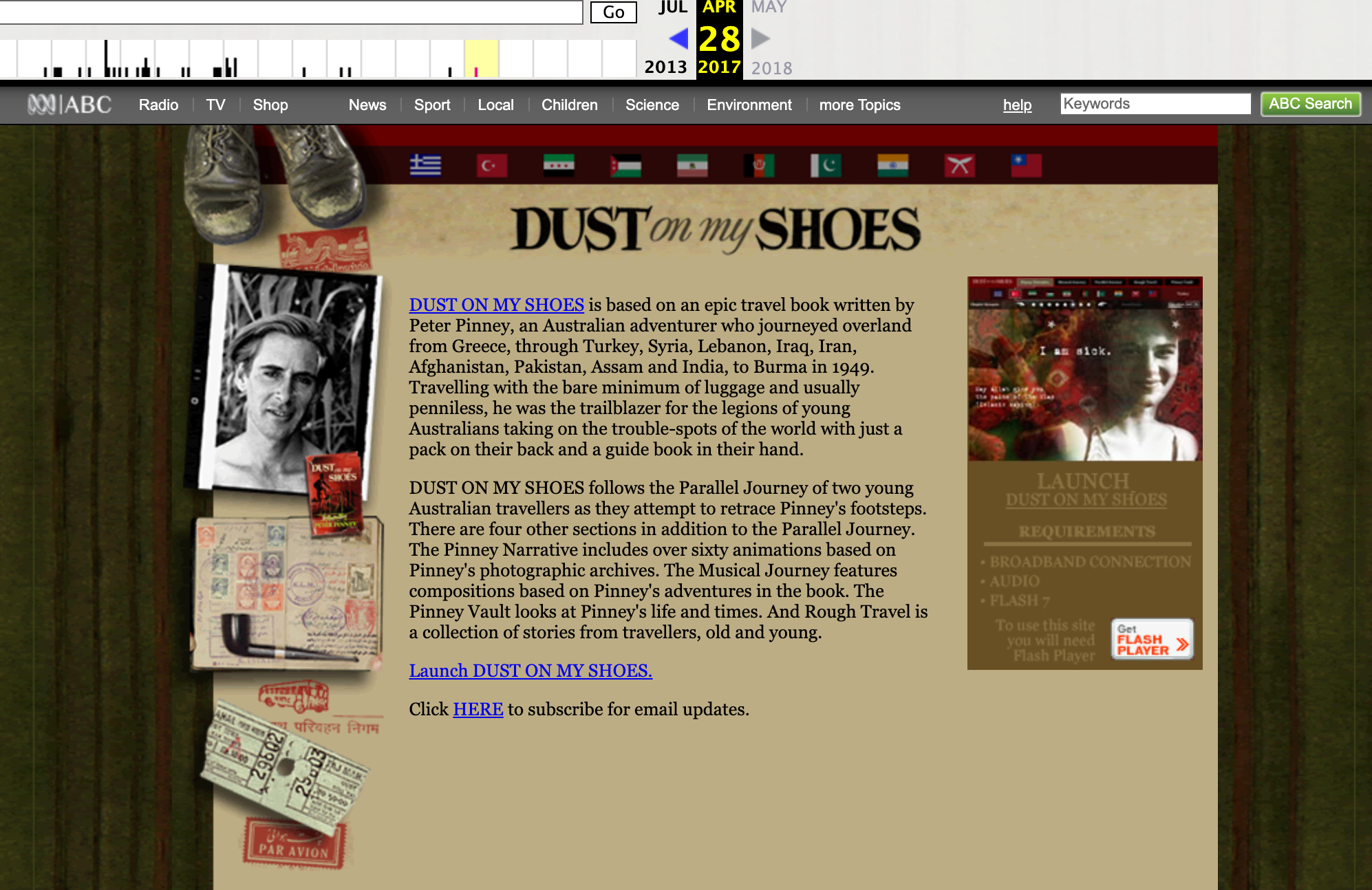I am figuring out why the hell we, New Zealand is in Afghanistan. Why it seems almost secret that we are there. Why Obama wants to escalate the war. Some links in no particular order.
http://www.antiwar.com/orig/hallinan.php?articleid=13242
By any measure, a military “victory” in Afghanistan is simply not possible. The only viable alternative is to begin direct negotiations with the Taliban, and to draw in regional powers with a stake in the outcome: Iran, Pakistan, Russia, Turkmenistan, Tajikistan, China, and India.
But to do so will require abandoning our “story” about the Afghan conflict as a “good war.” In this new millennium, there are no good wars.
Look at this link if you have a good stomach for atrocity.
Phil Goff 2005 on why we are there – he calls it Peace keeping – sounds like double talk to me. The news today about civilian deaths.
Wikipedia summary
I was hoping to find more from the Greens. Its all a bit stale, and the upshot is that our involment is a token. there is this. And Keith Lock’s original opposition to the war in 2001. And his comments on rebellion of the New Zealand SAS make interesting reading! Here, and here.
Ok, it may be that New Zealand can keep out of the worst of it, but it is there alonside an invader. The are complicit even if the SAS has rebelled. I wonder what the deeper story is – who rebelled, what do they say now?
Scoop has a recent Govt press release.
Amnesty notes torture by US
Gwynne Dyer: Afghanistan – A war won and lost London Journalist via the New Zealand Herald – also last years, but has some analysis.








